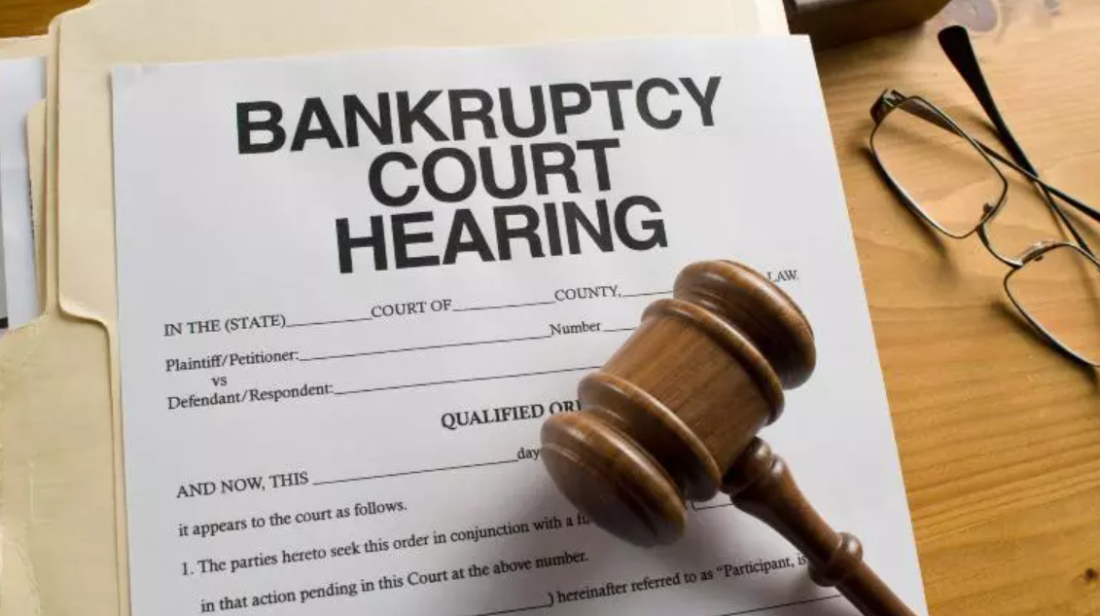The term ‘bankruptcy’ signifies a severe financial crisis. In reality, it’s a blessing in disguise that provides relief from debt collection and asset seizure from creditors. In America, declaring bankruptcy is not easy for a person. It affects his future credit, reputation, and self-image. But, on the contrary, it can improve your short-term quality of life as the calls and letters stop bothering you. Once you make up your mind, consider which type of bankruptcy is best for you. Is chapter 13 worth it?
It is called chapter 13 Bankruptcy because of its placement within the bankruptcy codes of the United States. Under chapter 13 bankruptcy, your personal debts are reorganized to reflect the current income trends. Consider the following advantages and disadvantages before going ahead and filing for chapter 13 bankruptcy:

Pros of Chapter 13 Bankruptcy
- Chapter 13 bankruptcy protects the debtor’s property; you are allowed to keep your property under a structured debt repayment plan.
- It generally takes longer to pay off your debts (at least 5 years); you will gain more time to make your payments. Chapter 13 trustees may become flexible on the terms of your repayments. You may stretch out your debt payments, reduce the amounts of your payments, or give up an item of your property that you are making payments on.
- Once your chapter 13 repayment plan is completed, you may be able to apply for new lines of credit within a period of one to three years of filing bankruptcy, at a much higher rate indeed.
- When you file a chapter 13 bankruptcy, all individual accounts listed within the proceeding are removed from your credit report within 7 years.
- Like chapter 7 bankruptcy, you are not required to prove that your income meets the current requirement to file a petition. There is no such requirement for chapter 13 bankruptcy. Anyone with any income is allowed to file for this chapter of bankruptcy.
- Chapter 13 bankruptcy is viewed more favorably by future lenders because you are reorganizing your debt instead of canceling it. Any type of bankruptcy is harmful to your credit situation and reduces your credit score. A future lender is more likely to consider you for financing, as you are taking responsibility for the debt and still paying.
- There is a possibility that original debt obligations may be reduced. It means a reduction of principal, interest, fees, or any combination of three.
Cons of Chapter 13 Bankruptcy
- It may take up to 5 years or more to repay your debts under a chapter 13 plan.
- A chapter 13 bankruptcy can tend to remain on your credit report for up to 10 years, which refrains you from qualifying for some types of financing.
- Another major drawback is that chapter 13 bankruptcy will make you lose all your credit cards. You will qualify for a new credit card after quite a long time.
- Loans are paid out of your ‘disposable’ income. It means whatever income you are left with after paying for your living expenses like food, shelter, and medical care is directed towards your debt. All of your extra cash is tied up during the entire repayment plan. You will receive a full breakdown from the trustee of what qualifies for you and what does not.
- Chapter 13 bankruptcy impacts your mortgage too. It will make it impossible to get a mortgage if you don’t already have one. It will be difficult for you to purchase a home or obtain financing for a car without paying an extremely high-interest rate.
- Your chapter 13 resolution will not release you of your obligations to pay alimony or child support.
- Chapter 13 Bankruptcy won’t get rid of your student loan debt.
- If you already went through bankruptcy proceedings under chapter 13 within the last 6 years, you can’t file for chapter 7 bankruptcy.
- You can’t file for chapter 13 bankruptcy if any previous chapter 7 or chapter 13 petition was dismissed within the past 180 days.
- It’s a prerequisite to provide proof of your U.S. income tax returns for the previous 4 years.
- Individuals and married couples filing jointly are eligible for chapter 13 bankruptcy. Businesses, commodity brokers, and stockbrokers are illegible for chapter 13 bankruptcy.


